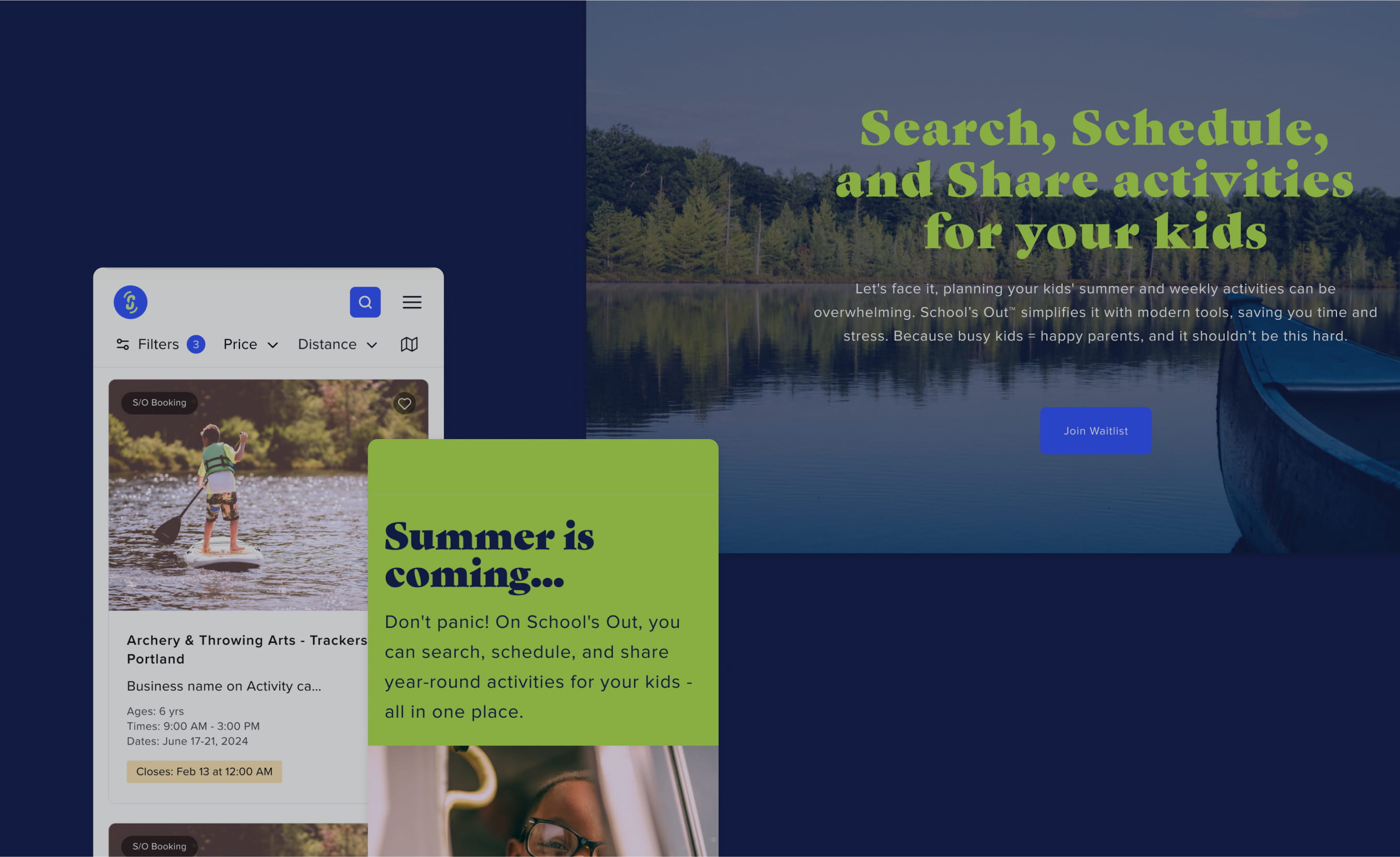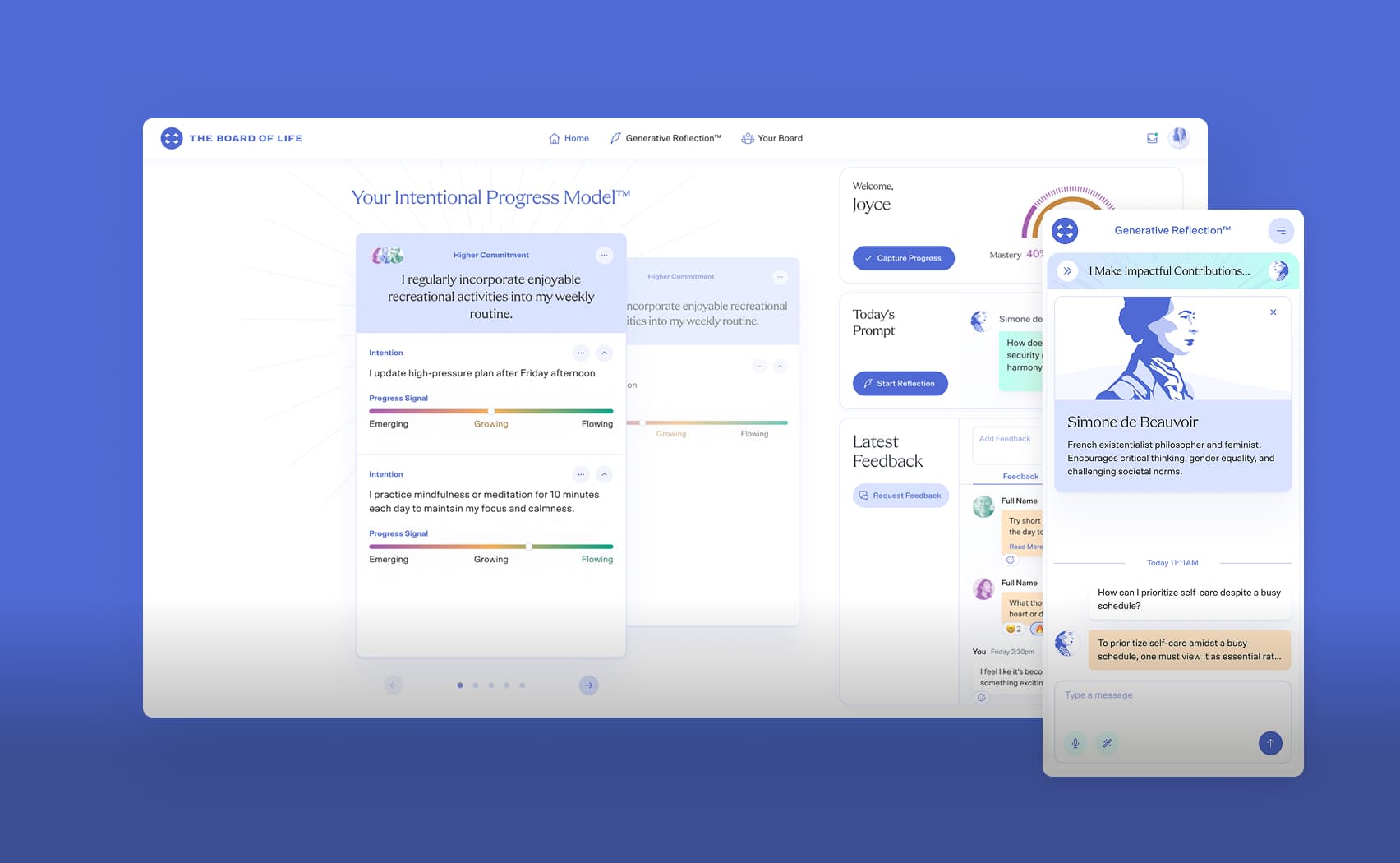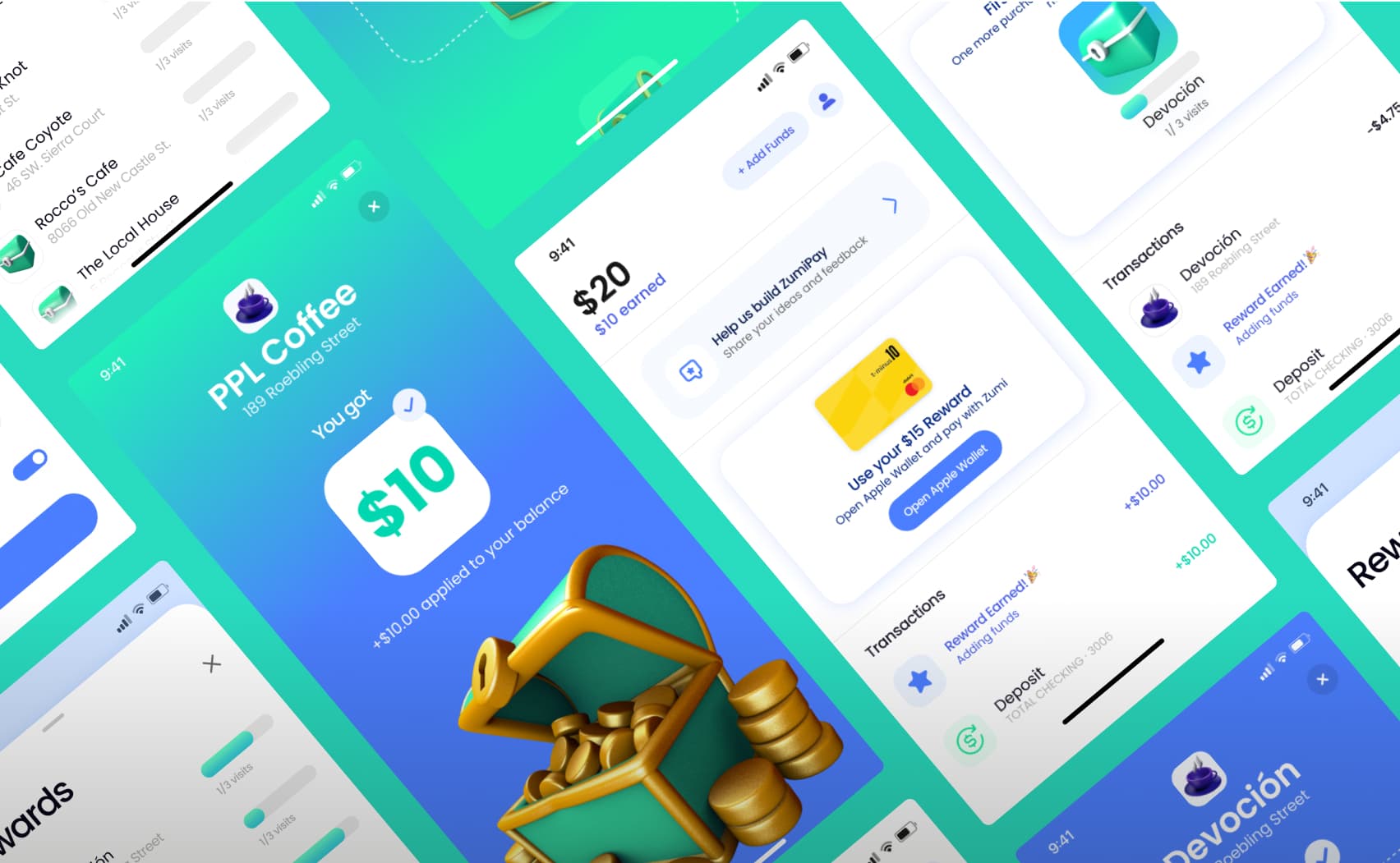Mobile Apps Vs Web Apps: Which Is Best For Your Business?
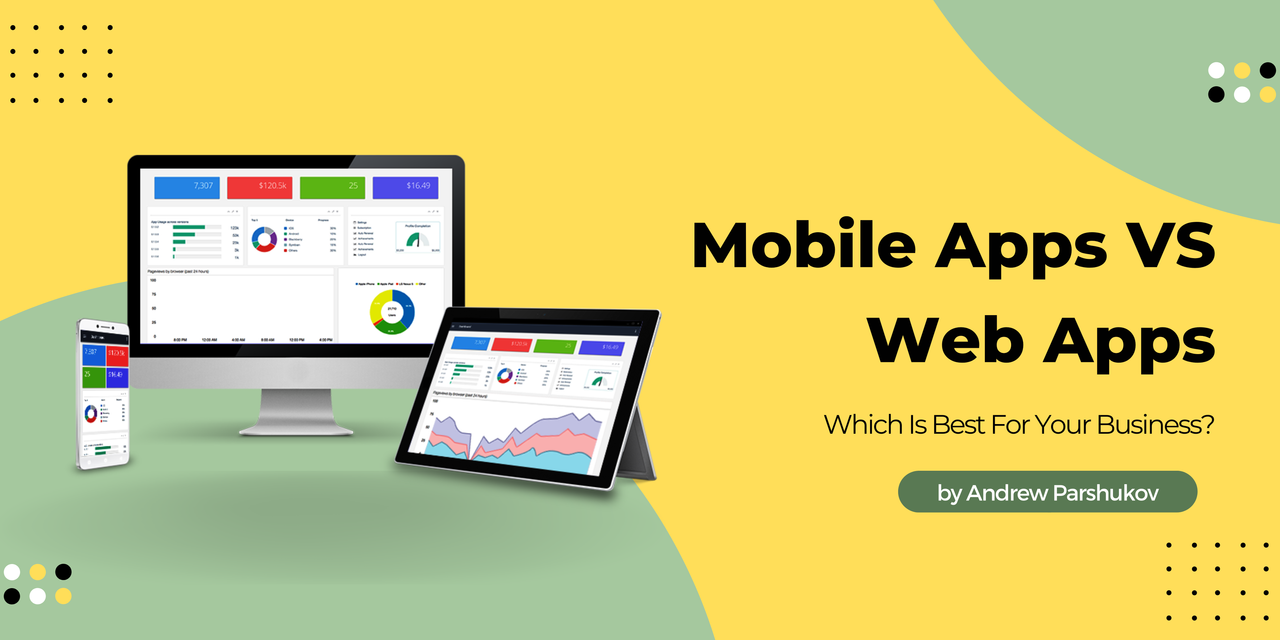
Offering an app can be a great way to connect with your customers. They can provide services such as technical support, data transfer, location discovery, and more.
Businesses that want an app for themselves face a choice: Web App or Mobile App?
Although they might sound the same, they offer very different user experiences and come at different development costs. What works for one business might not work for another.
The key difference is that mobile apps need to be downloaded and installed, while web apps can be accessed through a web browser. This, in turn, means that mobile apps can offer faster performance and more functionality at the cost of more expensive development and the commitment to installation.
Businesses that want to offer an app should examine their core business model to determine which path is best for them.
Mobile Apps Pros and Cons
Mobile apps are popular - over 200 billion are downloaded each year. But that means they need to be installed on a mobile phone before they can be used. This makes them ideal for businesses with loyal, repeat customers.
Some advantages of mobile apps include:
Faster Performance. Installing an app directly to the phone helps take advantage of existing efficiencies.
More personalization. Users can set preferences and developers can integrate with more data.
Working without internet. Basic functions that only involve local data can work.
Better integration with hardware. This includes the GPS and camera.
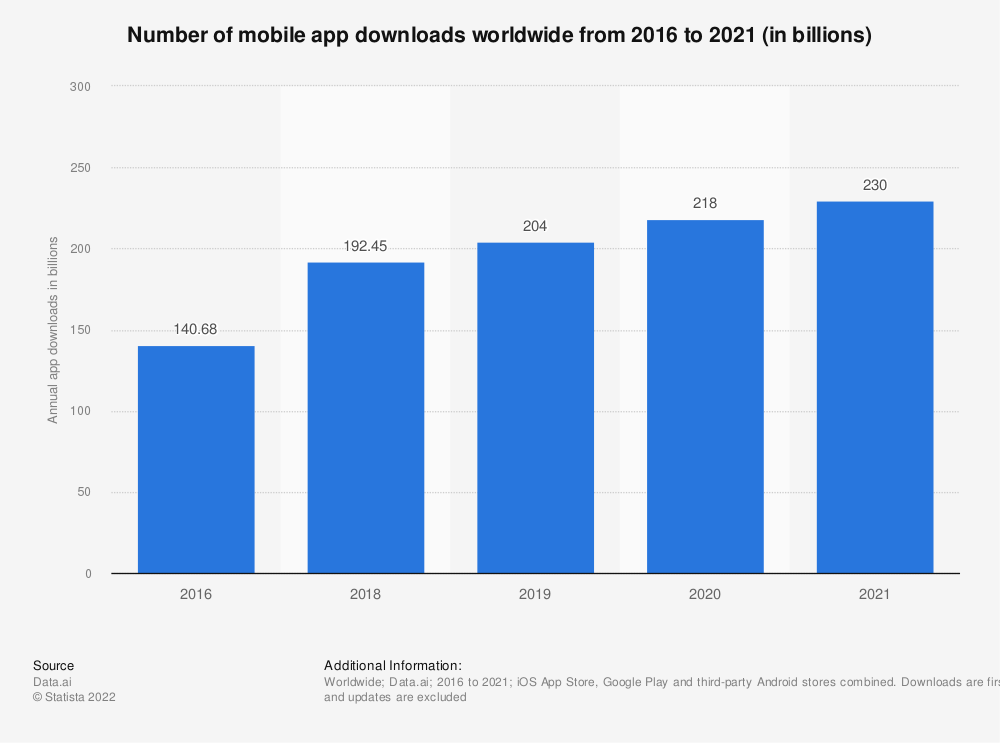
Mobile apps also have several disadvantages, including:
Downloading and Installing. Not everyone will want to.
Longer and more expensive development. Many apps will have to be ported to both iOS and Android.
Requiring App Store approval. Apple and Google don’t let any old apps on their marketplace- you must follow strict rules and regulations.
Web Apps Pros and Cons
Web apps don’t need to be fully downloaded and installed before use. Instead, they are accessed through a web browser. Although this makes them more accessible to many people, it does cut down on some functionality.
Some advantages of web apps include:
No installation is required. This is particularly appealing to people who might use the app once or twice and don’t want to download anything.
Faster and cheaper development. Web apps just need to work on a browser, which means only one version is necessary.
No approval is needed. Anyone can put a web app online.
Web apps also have disadvantages, including:
Slower performance. Because they are not installed directly on your phone, they may run a bit slower than mobile apps.
Limited hardware support. Web apps may make it more difficult to integrate features like cameras or GPS.
Requiring internet. Since they are effective web pages, traditional web apps won’t work at all without the internet. However, some new web app models, like Progressive Web Apps, offer some offline functionality. PWAs are growing in popularity, and are expected to reach $10 billion in market size in 2027.

Which Is Best For Your Business?
Both mobile apps and web apps can be great tools for your business. Neither is intrinsically better or worse than the other. Which one you should use often depends more on the specific needs of your business.
To decide which path to take, consider these questions:
What kind of customer relationships do I want to build?
If regular, long-term, loyal customer relationships are the core of your business, then mobile apps make a lot of sense. A customer that interacts with you regularly over the course of many years might as well download an app and reap all the advantages.
On the other hand, if most of your business comes from irregular customers, they might not be willing to download an app for a company they won’t interact with again for several years, if ever. Installing an app is a commitment, and customers will never be more committed to your app than they are to your product.
What kind of technologies do you need to use?
Mobile apps generally offer more technological functionality than web apps. They can work offline, and they can access the camera and GPS.
If those features aren’t important to you, then maybe you can go with a web app. But if your plan absolutely needs a camera, GPS, or offline access, then you probably need a mobile app.
What kind of online marketing do you already use?
Web apps can benefit from existing marketing tools, like SEO or AdSense. If your business is already experienced with those frameworks, you can tap into their power to boost your brand.
Mobile apps, on the other hand, operate somewhat outside the web marketing ecosystem. They are usually found through search keywords in an app marketplace, rather than on Google.
If you are interested in building an app for your business, consider working with JetRockets. We build web apps and mobile apps using a range of technologies, including Ruby and Ruby on Rails, React, and Javascript.

